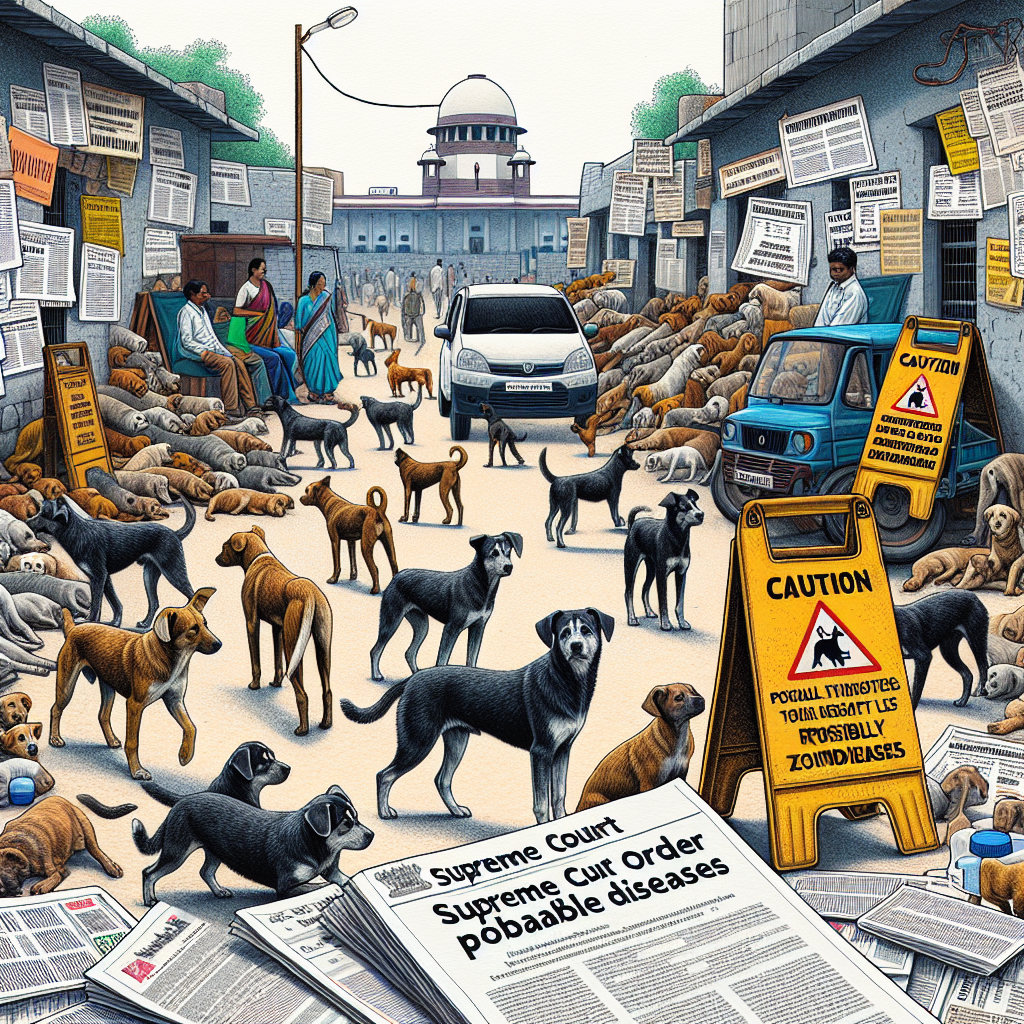Supreme Court Order Critiqued: A Call for Ground-Level Consultation in Animal Welfare

Understanding the Supreme Court's Controversial Order on Animal Welfare
Overview of the Issue
Ambika Shukla, a trustee at People For Animals, has raised concerns in The Times of India regarding a recent Supreme Court order that addresses animal welfare. The crux of her argument is that the order was issued without adequate discussion or consultation at the grassroots level.
Key Concerns Raised
- Lack of Census Data: Shukla emphasizes the absence of reliable census data on animal populations, which is crucial for informed decision-making.
- Infrastructure Gaps: The current infrastructure dedicated to animal welfare is insufficient to effectively implement the Supreme Court’s directives.
- Budget Constraints: Financial limitations pose a significant barrier to executing the necessary animal welfare measures.
- Training Deficiencies: There is a notable scarcity of trained professionals who can adequately address the animal welfare issues outlined in the Court's directives.
The Need for Comprehensive Planning
The commentary by Shukla highlights the importance of establishing a framework that involves:
- Community Engagement: Engaging local communities in discussions to understand their insights and needs regarding animal welfare.
- Data Collection: Conducting thorough census research to gather accurate data on animal populations and related concerns.
- Infrastructure Development: Building and enhancing facilities that support animal welfare initiatives.
- Financial Investments: Securing budgets that can sustain long-term animal welfare programs.
- Professional Training: Investing in training programs for individuals working in animal welfare to ensure that they are equipped with the necessary skills and knowledge.
Conclusion: Advocating for a Balanced Approach
The recent Supreme Court order has raised valid points regarding animal welfare, but as outlined by Ambika Shukla, it also lacks critical groundwork. Addressing these issues through comprehensive planning, community consultation, and resource allocation can lead to a more effective approach to safeguarding animal rights and welfare. The call for action is clear: meaningful dialogue and structured implementation are key to achieving sustainable progress in animal welfare initiatives.
